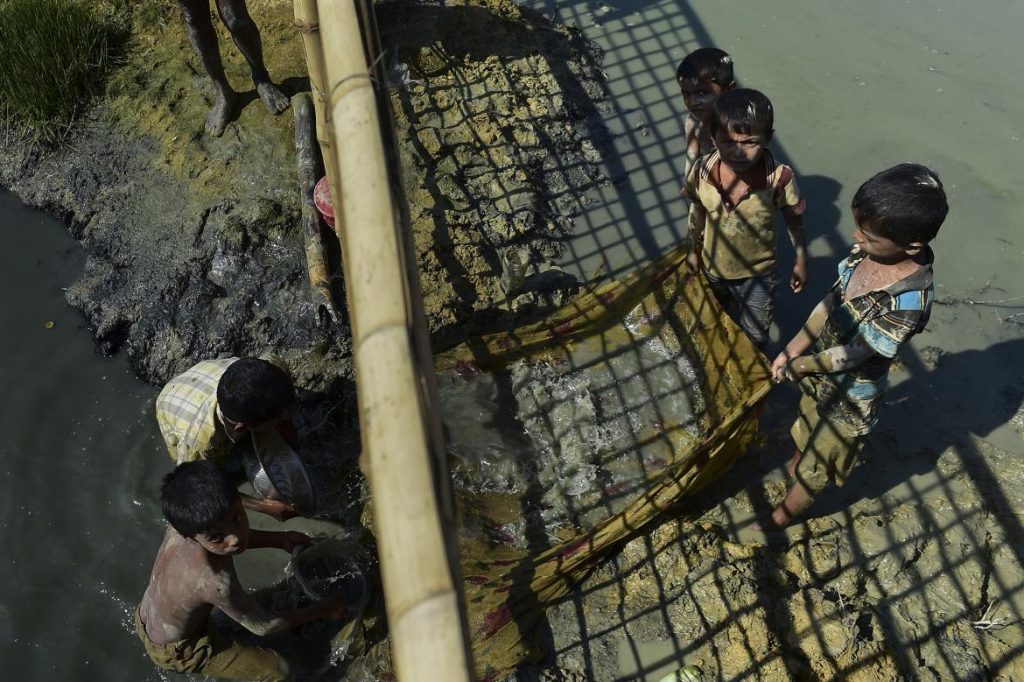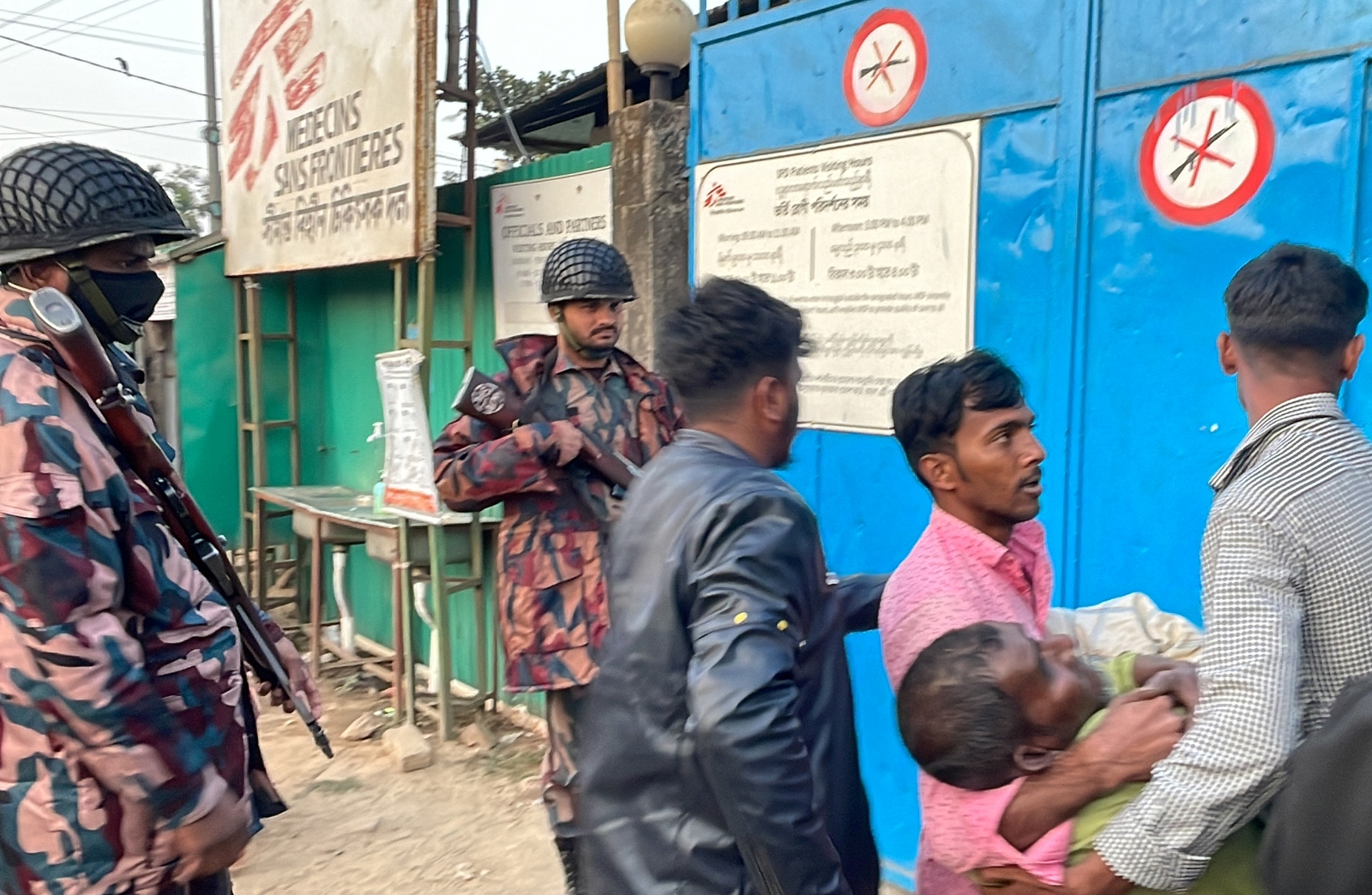By AFP
COX’S BAZAR, Bangladesh — The repatriation of hundreds of thousands of Rohingya who fled violence in Myanmar will not begin as planned, Bangladesh said Monday, with authorities admitting “a lot of preparation” was still needed.
Dhaka had been due to start the huge process on January 23, after agreeing a two-year timescale with Nay Pyi Taw.
But Bangladesh’s Refugee Relief and Repatriation Commissioner Mohammad Abul Kalam announced Monday that there was much more work to be done.
“We have not made the preparations required to send back people from tomorrow. A lot of preparation is still needed,” Kalam told AFP.
Support more independent journalism like this. Sign up to be a Frontier member.
Since August last year around 655,000 Rohingya have escaped over the border into Bangladesh in the wake of a military-led campaign in Rakhine state that the UN says amounted to “ethnic cleansing”.
They poured into ill-equipped and over-crowded camps, bringing with them harrowing tales of rape, murder and torture at the hands of Myanmar’s feared army or Buddhist mobs.
After a global outcry, Nay Pyi Taw and Dhaka agreed earlier this month that the refugees would be returned, in a process they said would take around two years.
Rights groups and the UN have said any repatriation must be voluntary, with reports that many Rohingya settlements have been burned to the ground.
Bangladesh has sought to assure the international community that only those wishing to go back to their homelands in Rakhine state would be sent to Myanmar, and the process would involve the UN’s refugee agency.
But on Monday, refugee chief Kalam said transit centres still needed to be built, and work remained to be done on the “rigorous process” of approving lists of those entitled — and willing — to return to Myanmar.
“Without completing this, we cannot send these people back all of a sudden. This work is ongoing,” he said.
He gave no revised start date for the operation, but said two sites near the border had been identified for possible transit sites.
The repatriation deal covers a total of 750,000 refugees who have fled since October 2016, but does not include the estimated 200,000 Rohingya who were living in Bangladesh prior to that, driven out by previous rounds of communal violence and military operations.
Angry protests
Refugees have protested against the prospect of return, with many saying they fear the campaign of atrocities is not over in Rakhine.
Officials in Cox’s Bazar on Monday stopped a rally of hundreds of protesters from marching on one large camp.
In recent days refugees have gathered by the hundreds chanting slogans and holding banners demanding citizenship and guarantees of security before they return to Rakhine.
Rohingya militants at the weekend said the repatriation plan would trap the Muslim minority in long-term camps while their ancestral lands are seized.
Most refugees live in squalid camps in Cox’s Bazar district but an estimated 6,500 are stranded in a so-called no man’s land between Bangladesh and Myanmar.
Bangladesh has asked Myanmar to take back these refugees, but Azad said they would not be considered part of the official repatriation process as they were not technically inside Bangladeshi territory.







